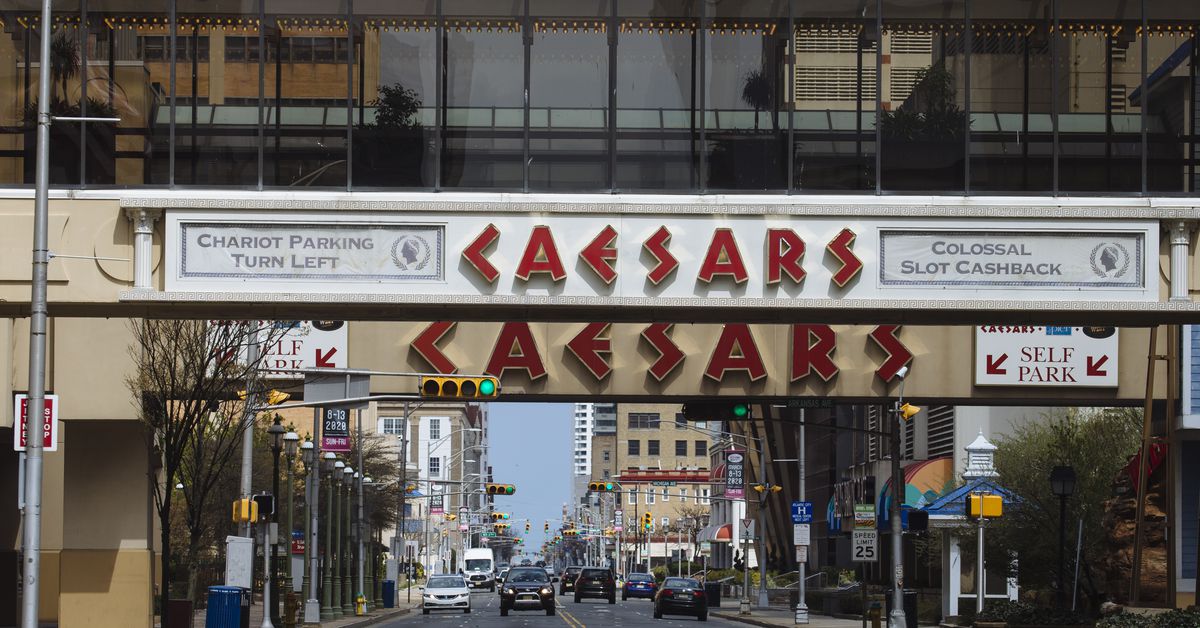
Algorithms might help hotels illegally collude on prices, even if no humans from those businesses actually talk to each other about them, according to US antitrust enforcers.
The Department of Justice and Federal Trade Commission jointly submitted a statement of interest in Cornish-Adebiyi v. Caesars Entertainment, a case brought before the US District Court of New Jersey. The class action case was brought by New Jersey residents who rented rooms in Atlantic City hotels and alleged that several of those hotels engaged in an illegal price-fixing conspiracy through the use of a common pricing algorithm.
The plaintiffs are trying to show that the hotels violated Section 1 of the Sherman Act, which prohibits “conspiracy in restraint of trade” and is used to prosecute illegal price-fixing. They say that the hotels allegedly used a pricing algorithm platform called Rainmaker, knowing that their competitors were also using the platform and choosing it for that reason.
The agencies really care about how this issue is handled. “Judicial treatment of the use of algorithms in price fixing has tremendous practical importance,” the DOJ and FTC write in their statement. They’ve already filed similar statements in other algorithmic price-fixing cases, like in one lawsuit against rental property management software company RealPage. Tenants have accused the company of contributing to higher rental prices through its access to and use of nonpublic pricing data from landlords.
In the hotel case, the DOJ and FTC are challenging two claims that the hotels have made to try to get the lawsuit dismissed. One claim is that the plaintiffs needed to allege that the hotels directly communicated with each other in order to plausibly prove a Sherman Act violation. And the other is that the suit should be dismissed because the pricing algorithm only produced recommendations, not binding price requirements.
The enforcers say that these are wrong. “[T]here is no legal requirement that a plaintiff must allege specific communications directly among competitors merely to allege an agreement subject to Section 1,” they write. “So long as the algorithm provider and its competitor clients are connected through this common agent in ‘a unity of purpose or a common design and understanding,’ … they are acting in concert.”
They also say that it doesn’t matter that the algorithm’s recommendations were non-binding. They say that precedent for Section 1 of the Sherman Act shows that fixing list or sticker prices is illegal, “even where the ultimate prices charged are different.”
“Defendants’ position also is inconsistent with case law stating that the violation is the agreement — not how often it is followed,” the agencies write. They added that based on the hotels’ perspective, a price-fixing cartel could seek to avoid punishment “simply by inviting participation by some competitors who tend to deviate from the fixed prices or by agreeing to allow some deviation.”










